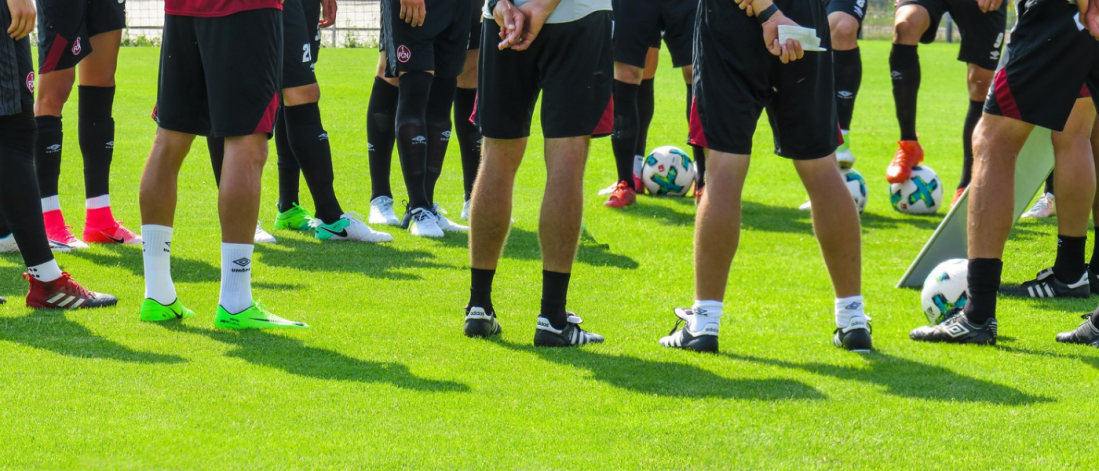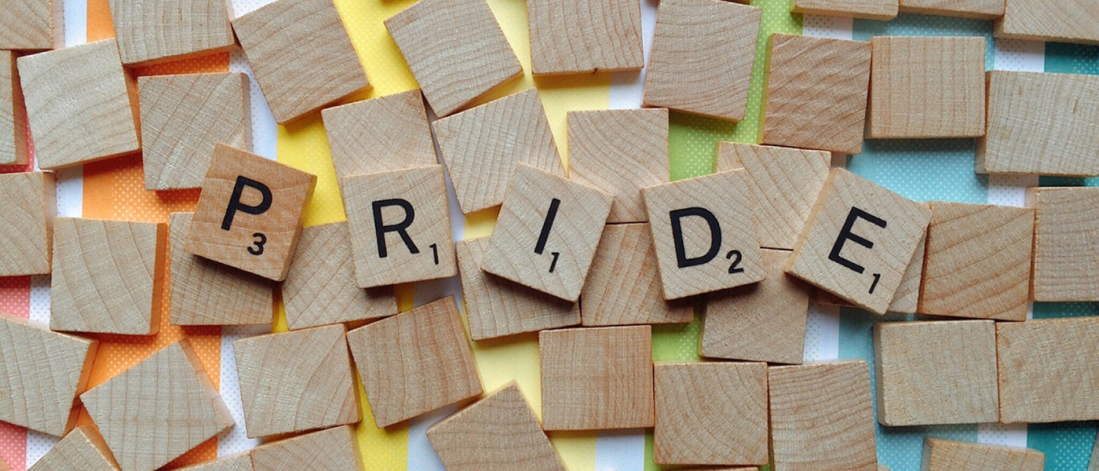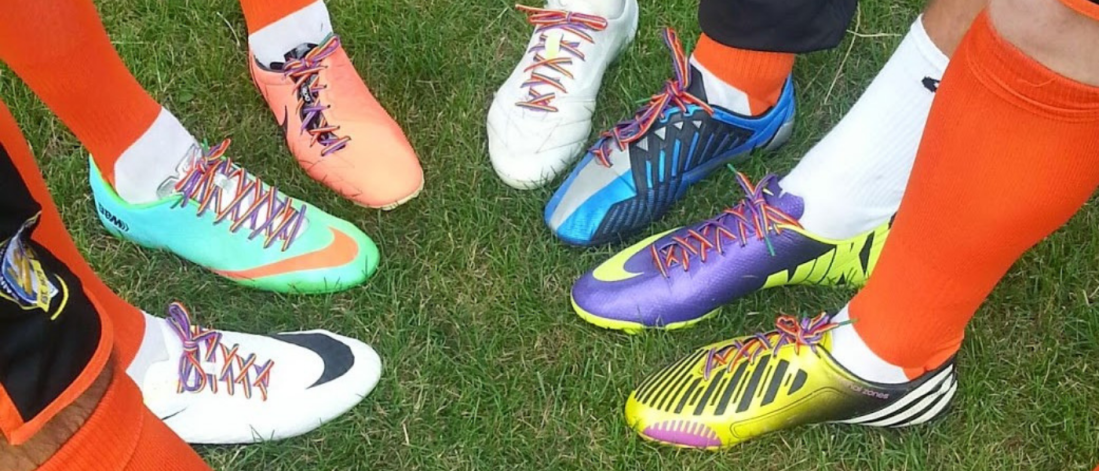The Men’s Football World Cup kicks off today in Qatar, starting one of the most controversial tournaments in history. As a football fan, the build-up to a major tournament is normally one of excitement, sweepstakes and pinning up a wall chart to follow the progress of the teams. The feeling this year is certainly very … Continue reading Boycotting the World Cup & Alternative Ways to get your Beautiful Game Fix
Category: LGBT
The Gay Footballer Dream
You might have heard about the twitter account which was set up by a footballer to pave the way for a breakthrough in English football that would likely give hope and encouragement to so many. When the account @Footballer Gay was set up, the individual behind it said they were a professional footballer playing in … Continue reading The Gay Footballer Dream
The Importance of Pride
With Lincoln hosting its Pride festival for the LGBT community this last weekend, it is important to remember why the LGBT community still holds these events, not only up and down the country, but across the world. Although LGBT rights have come a long way since the decriminalisation of homosexuality in 1967 across England and … Continue reading The Importance of Pride
Can ‘Rainbow Laces’ tie up homophobia in football?
Football players up and down the country this last weekend played their part in helping to stamp out homophobia in football, and to some extent, sport in general. Compared to other public domains, sport still has less LGBT representatives than most, and this applies especially to football. Players from clubs from every division and every … Continue reading Can ‘Rainbow Laces’ tie up homophobia in football?



